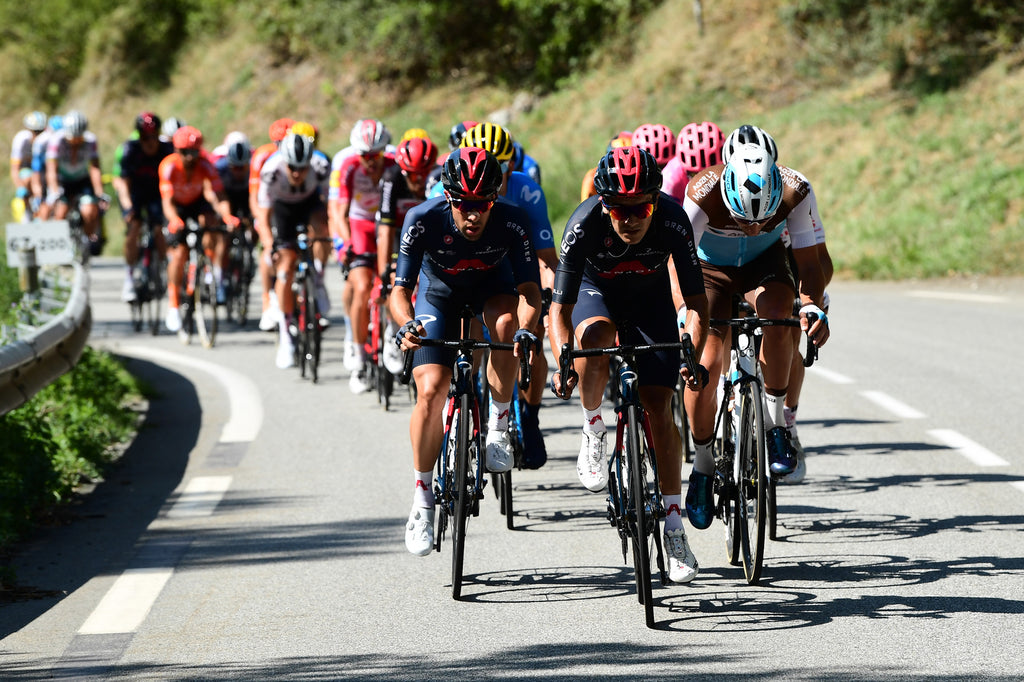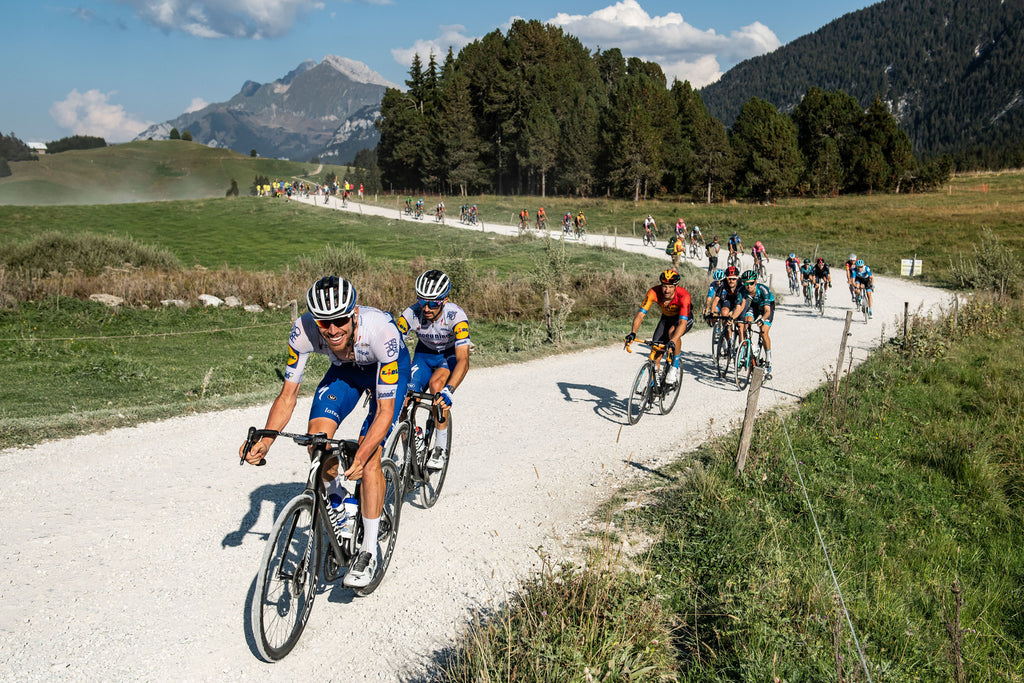Cycling can be the most unforgiving of sports.
Make the slightest mistake at the wrong time, in the wrong place, and not only will a rider watch his chances of glory literally disappear off into the distance, but he can often find himself tending to wounds that are more than psychological. If he's lucky.
Yesterday Marc Hirschi found that out in the hardest of ways. Having taken maximum mountains points at the summit of Les Saisies, Sunweb’s Swiss star was on track to take the jersey, and possibly more, when he took too much speed into a corner and lost control of his bike. Gravity dealt with the rest. It wasn’t the worst crash of these three weeks, but it was enough to effectively end his Tour de France.
Cycling can be cruel, too.

Because sometimes a rider doesn’t even have to do anything wrong for it all to go wrong for him. External events can befall anyone at any time, and they don’t befall all of them equally. Like with lots of things, the more skillful or strong a cyclist is, the less luck he needs, but the opposite is true, too.
Which is what it must have felt like for Richie Porte.
And of course it was Porte, of all people, who punctured on the gravel. Just when we thought the Taswegian - forgive us, but we bloody love that word - had suffered all the misfortune one career could contain: Bang! The universe decided to toss a spanner through his spokes one more time. That Trek-Segafredo’s leader was able to catch up with the leaders was testament primarily to his own determination to do so, to not see this Tour de France go the way of the others.
Regardless of the outcome, the sadistic route designer who decided to stick a sector of strade bianche 26km from the end of an Alpine stage, on the third Thursday of the Tour de France, surely belongs on some kind of list.
But cycling can be the most beautiful of endeavours, can reflect the best of the universe as well.

That Richie Porte still has a chance of taking a Tour podium is not just due to his own exertions but those of Jumbo Visma riders, Wout van Aert and Tom Dumoulin, as well. Afterwards Porte expressed his gratitude for their willingness to assist him: “It’s nice to have friends in the bunch and I’d do the same for them.”
And then there’s how the first two positions on the stage were decided. Decided being the operative word.
Having dispensed of everyone else from the break, the finale came down to the Ineos’ pair of Richard Carapaz and Michał Kwiatkowski. Much as we might have enjoyed them going mano a mano, no decisive two-up sprint could have been as memorable as seeing two team-mates smile, embrace and cross the line à deux.
For a team that has often been accused in the past of taking an almost robotic approach to bike racing, yesterday showed that they’re human, after all.








































